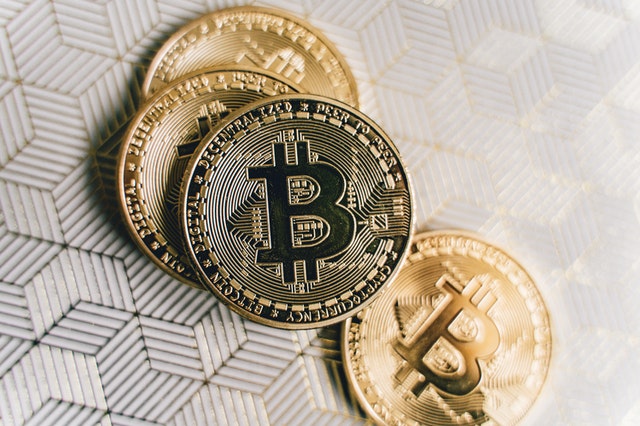Top 18 Bitcoin Terminologies

Cryptocurrencies were invented in 2009 by a person or group called Satoshi Nakamoto. It has an independent working system, which means it does not circulate through banks. It is one of the most popular methods of investment that individuals now prefer, owing to the overall return that they get on the investment done.
Cryptocurrencies are digital assets. It is a private, decentralized, digital currency that uses the blockchain technology. This is a mine-based crypto-currency. It means, it needs to be mined by solving complex mathematical problems. Crypto mining is generally conducted by solving certain difficult mathematical problems.
All these terms may seem strange to you. Therefore, we have arranged a bitcoin glossary which will help you through your entire bitcoin journey.
- Cryptocurrency- It is the digital money. It is just like fiat money less the physical body. It only has digital existence.
- Blockchain- Blockchain is the digital ledger that is available to the public. Every transaction made with bitcoin is encrypted on that ledger. Therefore, it omits the chance of misusing the database. Additionally, being operated by computers, there is usually no chance of any miscalculation, or human error.
- Wallet- bitcoin wallet is the digital storage that we use to store bitcoin. If we want to transact with bitcoin, we need a wallet at the initial stage. It helps us in storing, receiving, or sending cryptocurrency.
- Hot wallet- the crypto hot wallet is the one that needs constant internet connection.
- Cold wallet- a cold wallet that uses cold storage.
- Cold storage-Cold storages are the keys that do not use the internet. It operates using the paper wallet, offline computers, and most importantly, USB drivers.
- Address- it is a sequence of letters that forms a unique identity. Using this address, you can send or receive bitcoin. It is like an email address. Therefore, the address can be public.
- BTC- BTC stands for bitcoin. It is the abbreviation.
- It is just like traditional trading platforms just dealing in bitcoins. Apart from that, there are two types of exchanges. One of them accepts fiat currency and gives you the share of bitcoin from their stock. One instance of the bitcoin exchange is crypto wallet. Another type is those who take crypto and give crypto. You cannot avail such exchange on your first investment.
- Decentralized- Decentralized means it has no controlling authority. No individual, government, organisation, or company can control bitcoin. It is independent. This can take the form of decentralized finance, including the fact that payment processing and insurance etc. are opened to the pubic in a democratic manner.
- Cryptography- Cryptography is the mathematical process which secures transaction records, mining records and other information in the blockchain. It also verifies whether the transaction is valid or not.
- Encryption- In bitcoin terminology, encrypting means a data is hidden and it will only be revealed to you if you have the code for it.
- Double Spend- Sometimes some fraud or scam group or individual makes attempts to spend one bitcoin twice which is against the bitcoin blockchain method. This is called double spend.
- Peer-to-peer- This term refers to a system that only allows both parties to connect with each other who are at the sending and receiving end. No third party is connected.
- Private key- it is like the address however, a bit different. Address is public. Private key is not. It is also data which is used for sending bitcoin from one wallet to another. It is a secret password to carry on important transactions and to keep all your investments safe.
- Miners- bitcoin is considered as a game which people play all across the world. The interested people who play and solve the hard mathematical problems are called the miners. They are the one who creates the block in the blockchain technology by mining.
- Hardware- there is a lot of expensive and high-level hardware needed for cryptography. In fact, a simple blockchain activity also needs a high level of electricity and CPU usage.
- Software- bitcoin itself is a product of software. Everything about it uses software. It uses software to make transactions, verify the transactions and all.
Above are the top 18 terminologies that will be useful to everyone and anyone who wants to dig deeper in bitcoin or cryptocurrency at large.
